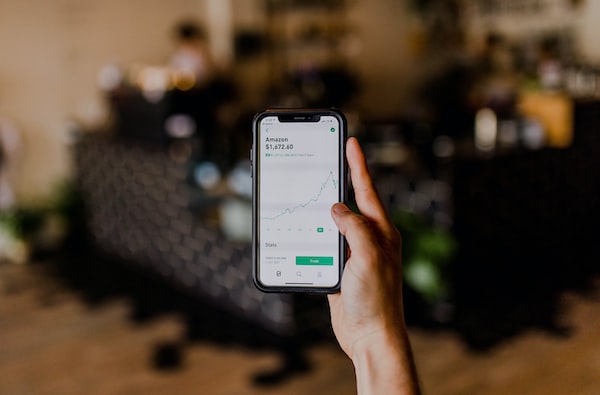Eugene Plotkin Explains Why Fintech Will Increase Financial Literacy
By Mary Smith
The world economy will benefit as new technology helps more people achieve financial literacy, says fintech expert and former investment banking analyst Eugene Plotkin.
Financial literacy, or a basic understanding of money and financial skills, is an essential part of life. Unfortunately, only about one-third of adults worldwide understand it. Without financial literacy, people are more likely to fall victim to scams, inadequately save for retirement, live in poverty, and make bad financial decisions.
However, financial technology (fintech) is poised to create a sea change that will benefit individuals, companies, governments, and the macroeconomy, according to Plotkin.
“As we continue to transition from a physical economy in which people use paper money to a digital-first economy, the rules will keep changing,” he says. “The internet has already disrupted so many industries and finance is not immune. These days, people don’t have to rely on banks to access their money. They don’t need a broker to make investments. It can all be done from a cellphone anywhere in the world.”
Plotkin, who previously worked for Goldman Sachs, noted that the biggest audience for new applications is people who haven’t had access to traditional financial tools before. However, for these fintech apps to attract consumers, they will have to clearly explain the benefits.
He envisions financial education will happen in several tiers. The first is personal money management. There are a variety of apps that connect to traditional or digital bank accounts that help consumers track and analyze their spending.
The next tier introduces consumers to tools that will allow them to put their money to work instead of just collecting interest.
“We already see investment apps that allow users to buy stocks or commodities or even digital currency,” Eugene Plotkin says. “And the majority of the users for those applications are people who have never bought those sorts of financial products before. So these apps can’t simply offer the service — they also explain it on a very understandable level.”
To do so, the apps take advantage of the internet’s full abilities. Some include video tutorials that break down everyday financial products, such as student loans and treasury bonds, into easy, bite-size pieces of clear information.
Other fintech apps take a building block approach, doling out financial education slowly across email campaigns and user alerts. For example, think of the apps that automatically invest a dollar into a savings account whenever the user makes a purchase. Once its user has amassed a certain amount of money — $100, for example — the app can be triggered to offer guidance on ways the user might invest that money into the market. This is what Eugene Plotkin refers to as “personalized financial literacy.”
“Financial literacy works best when it’s practical, not theoretical. It needs to meet people where they are,” he says. “The more an app understands a …read more
Source:: Social Media Explorer





